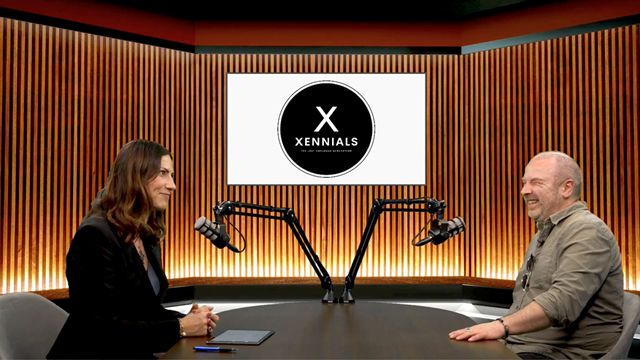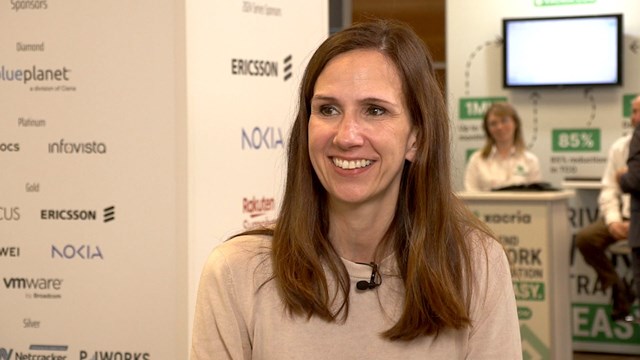Where do they get these barmy ideas? Yahoo actually had some (qualified) good news to impart but the impact was lost amidst the gob-smacking awfulness of the way it was presented.
Results are important, a lot rides on them and it is the responsibility of those presenting them to shareholders, analysts, the media and the market to do it in a sprit of seriousness. What Yahoo did this year was misguided folly. Take a look, it's on the web.
That said, beneath all the dross the news was pretty good. CEO Marissa Mayer has been in post for 12 months and she has had a marked effect on what was quickly becoming a moribund company. She has updated many core Yahoo products (Flickr being a particular case in point) and has been spending big money to acquires new assets - such as the US$1.1 billion she invested in the purchase of Tumblr.
She has also returned hundreds of millions of bucks to dividend-starved shareholders and she seems to have boosted morale amongst employees (although not without taking a lot of flak along the way).
On top of all that, the real cherry on the the cake is that Yahoo's share price has risen by 73 per cent since Ms. Mayer became CEO. Pretty durned good for a year, and yet....
A closer look at Yahoo's figures show that the growth is almost entirely dependent on the shares Yahoo holds in two Asian companies - Yahoo Japan and, biggest of all, the Chinese Internet and e-commerce outfit Alibaba. Back at home, Yahoo's performance leaves a lot to be desired as the company continues to lose ground to the likes of Facebook and Google.
The stock price rise is welcome and gives Marissa Mayer some time to concentrate on other fundamentals such as revenue growth. This all-impostant indicator rose by a paltry two per cent over the past 12 months.
As Scott Kessler, the head of technology research at S&P Capital IQ, says, "At some point Yahoo is going to have to move from a company perceived for its prospects to a company perceived for its performance.”
Jerry Yang, Yahoo's co-founder and sometime CEO was prescient in making the Asian investments. The company owns 25 per cent of Alibaba and Alibaba is very big business indeed. It is worth some $70 billion and is often described as "The Amazon of China".
Yahoo, which is currently values at around $30 billion also owns 35 per cent of Yahoo Japan, another lucrative partnership. Pity it's not the same back home where revenues remained flat at $1.07 billion and advertising revenues were down double-digits.
Scott Kessler again: “Yahoo has a global name, global reach and a ton of users, but growth is really limited because people are doing so many different things on the Internet now, especially in the mobile space [so] people are simply spending less time on Yahoo properties.”
In the US evidence shows that people are spending less and less time on Yahoo pages and 80 per cent of home market growth (such as it is, and that ain't much) come from users over the age of 45 - not the demographic that will spend big on trendy new apps and services.
And then, of course, is Yahoo's ambivalent non-position in mobile. Unlike Apple and Google, Yahoo has neither an operating system, browser or mobile handset that it can call its own. These failings have to addressed now or it will soon be too late.
Email Newsletters
Sign up to receive TelecomTV's top news and videos, plus exclusive subscriber-only content direct to your inbox.



